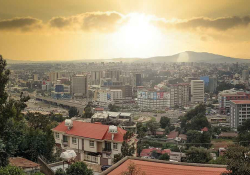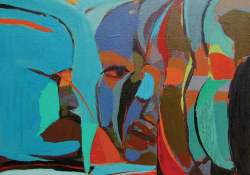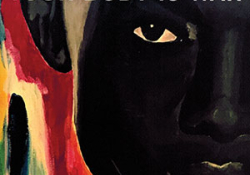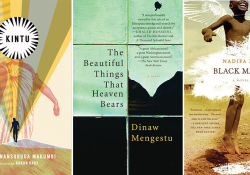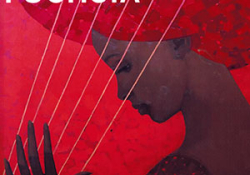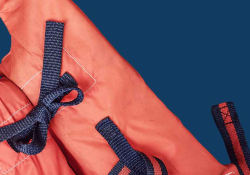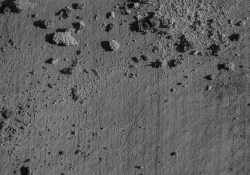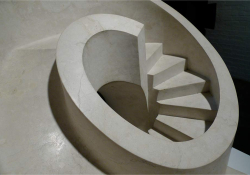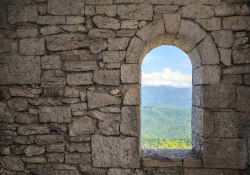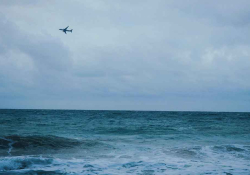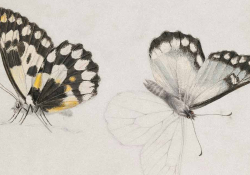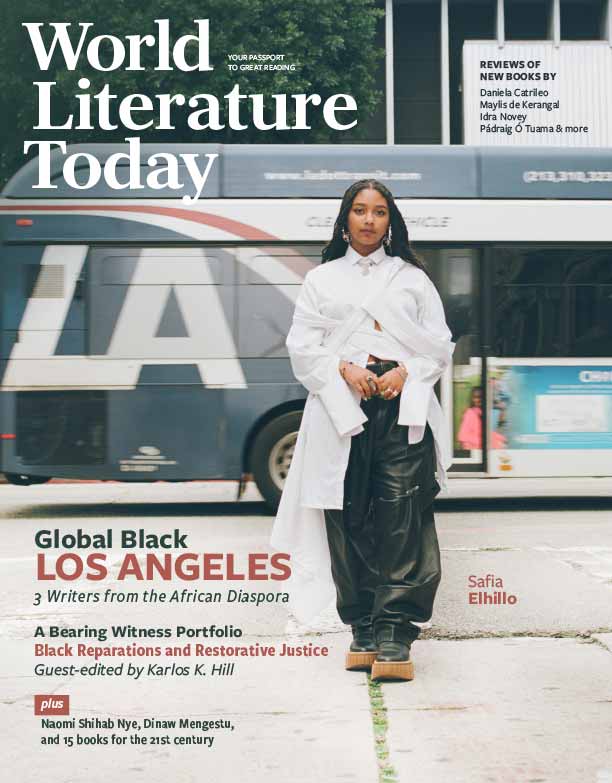Fire
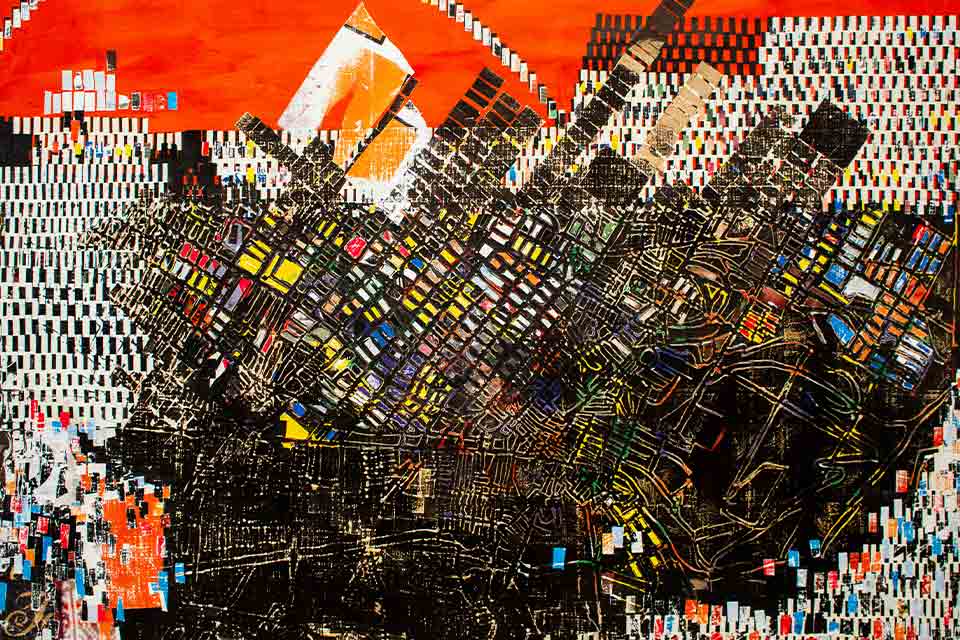
The first time we set foot in this city,
we came to the house of the devil, entered
it as if it was our own home. Where else
does one go after so much running and
running? We waited patiently, making thick
shiro and bulbous ambasha. We practiced
our answers as if they were prayers; say it
like English is your first language, and not
the spear that has appended your body
from an empty ceiling. Learn the numbers,
social security number, alien-card number,
street number, none of them mean to explain
this, this thing we have brought with ourselves.
The devils seemed pleased at first; they offered us
enjera, they spoke our language, they called us
by our given names. They drove us to see the
ocean in the middle of the night. It was so
dark then. Where is the water, I asked. Everywhere,
they responded. Then, began our drowning.
I walked around as if an entire continent had been
torn away from my body. I called beloveds between
shifts; we all wept senselessly, never once asking,
endet neh, endet nesh, because grief was grief
regardless of our geographies. I walked around
with my head down; how many days until I am
released, how many months until we see each other
again, back in the city draped with yellow daises
sharing fire-roasted corn under the bridge? The
devil never spoke of hopelessness, and yet, there
it was, hanging between us, lard or bread, bleeding
us dry. The gunshots felt familiar then, a homecoming
we did not expect; we forgot that our memories
had set a new rooting too; how many houses
until freedom, how many glass walls until we
reach a new clearing, how many drownings until
the forgiveness of buoyancy, or a sweet death?
I used to say, please forgive my accent, please
forgive the hold of my tongue. Forgive everything
I am, forgive my people. We did not mean for this
to happen, we did not want to come here like this,
like ancient thieves looking to steal your shiny
homes and your credit cards, except our homes
have been set on fire by our brothers, and this fire
has been burning too long, and our loved ones
are all charred now, resting in unmarked graves,
beckoning our leaving as a brave, brave thing.
I used to say, please forgive my foreignness, please
forgive the tongue that has carried too many continents,
that has loved in a different language, that has counted
the days to victory, that continues to say Igziabher Yistlign,
Igziabher Yistlign. I used to say, my name is not my name,
sure, you can call me that, you can touch my hair, you
can look at my father the way one looks at a spoiled
child. It’s not like he’s survived many wars before, it’s not
like he’s carried the bodies of his young children across
a city under siege, when his beloved was in mourning,
and his brothers were the soldiers that captured us. It’s not that
he’s lost all of his friends – to bullets flowering in their
beautiful mouths, ropes wound tightly around their
beautiful necks, strange things ingested in the middle of
the night. It’s not like he found their bodies, closed their
eyes, and refused to shed a tear. It’s not like he carried a gun
for years, for safety or for sorrow, just in case, just in case.
It’s not like he held the knife slowly, as if he could end it
all right then and there. It’s not like he’s never been a child
before, having escaped the wrath of his own father, only
to face the wrath of cruel uncles, whose names we now
bear so proudly. But I am not made of the same cloth as
my father; I do not have the strength to holster small guns
in the middle of the day and say enough; when I disintegrate,
I do so quietly on the shores of the ocean that once refused
to look at me within its darkness. Death is not how you get
rid of the devil amongst us. Each city that welcomed me
has been brought to its knees. When they see me coming,
they say here is the one who has been marked. The second-born
who chose to stay after the plague. I have chosen this life
because of darkness. When I descend into your depths,
I bring the skeletons of my beloveds you have left behind,
so they can constellate your ways. Every country needs a
valley of dry bones hanging between us. I am not an avenging
being, but my languages have all abandoned me, and so
this is my only offering. When I say hello, I mean to say,
I am here. Look. When I say, I am here, I mean to say,
I’ve been here all along; we’ve been here all along. Your
cities may have called us by the numbers, but our marking
is more ancient than you comprehend. So instead, I say,
I know I’ve set the house on fire twice now.
But please, do come in.

